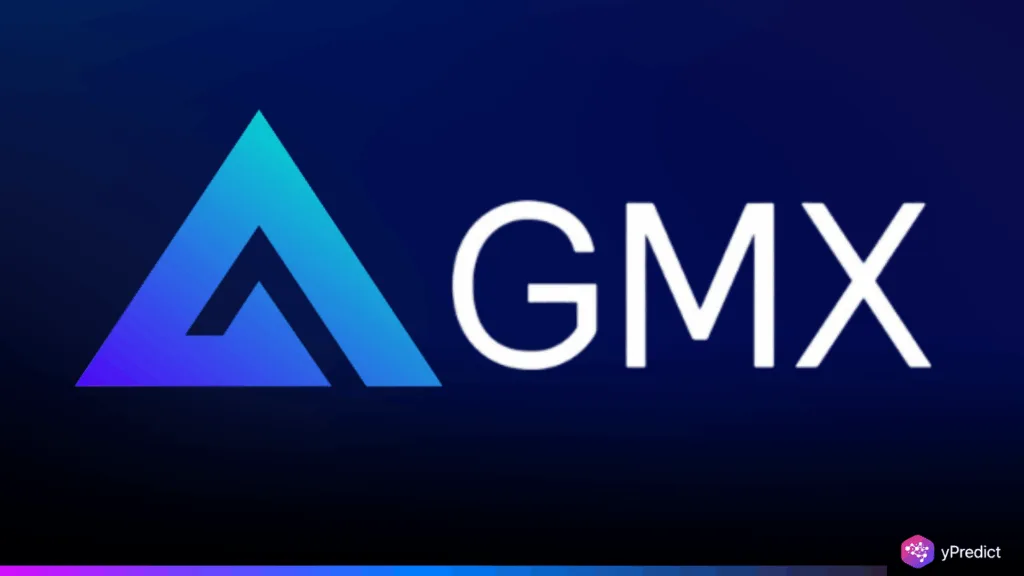
GMX, a top decentralized perpetual exchange, has approved a $44 million compensation proposal for GLP holders who were impacted by the recent crypto hack. The decision comes in light of an unprecedented twist in the case after the hacker returned $40.5 million after accepting a $5 million bounty for the return of the compromised funds, which was a remarkable resolution and has turned heads across the crypto community because when money is stolen in the crypto industry, it is rarely recovered.
Hacker Returns Majority of Stolen Funds in Rare Negotiation
According to reports from Recorded Future News dated July 11, 2025, the hacker’s decision to return the majority of the stolen funds shocked many observers. Negotiations ended in a bounty payout of $5 million, representing one of the very few occurrences in the decentralized finance space where a crypto hack resulted in large-scale asset return.
The event has raised questions about whether negotiated settlements could ultimately be a method to combat criminal cyber breaches in decentralized ecosystems, which may raise commodification and sanction questions in the future. Experts in the industry mention that while the decision will restore some trust, it may also promote a precedent of leveraging stolen funds.
GMX Moves Quickly to Compensate GLP Holders
In response to the attack, GMX acted swiftly to ensure that GLP holders, who suffered direct losses from the breach, received prompt compensation. In the package is $44 million worth of cash and GLV tokens for value recovery for users. According to the company statement, GMX representatives remarked that taking immediate action is key to restoring users’ faith in the platform. They opted for a mix of cash as well as tokens to strike a balance between assuring immediate payout, while promoting long-term growth in their ecosystem.
2025 Sees Sharp Rise in DeFi Hacks
The GMX case comes amid a worrying rise in decentralized finance breaches in 2025. According to CCN’s updated list of crypto vulnerabilities, total losses from DeFi hacks have already exceeded $100 million this year. Analysts point to sophisticated exploit methods, improved hacking tools, and gaps in smart contract security as contributing factors to the surge.
While most incidents end with permanent losses, the GMX resolution stands out as a rare example of partial fund recovery. However, security experts warn that the underlying risks remain high, especially in protocols dealing with large liquidity pools like those supporting GLP holders.
Restoring Trust in the Decentralized Perpetual Exchange Ecosystem
For GMX, the resolution is more than just financial—it is a reputational milestone. The decentralized perpetual exchange has made restoring user trust its top priority, not only by compensating GLP holders but also by tightening security measures. Internal audits, reinforced smart contract protections, and enhanced monitoring systems are reportedly underway. The case has also reignited debates within the crypto industry about the balance between decentralization and security oversight.
Supporters of GMX’s approach praise the compensation package as a clear sign of accountability in an industry with a reputation for slow and insufficient responses to breaches. While detractors worry that such large payments are a way to unintentionally incentivize even more attacks, because a settlement is usually an option. For now, GMX’s quick and methodical response to this is an example of effective crisis management in the decentralized space. Whether or not this instance has changed how the industry will respond to hacks in the future is unknown, but for GLP holders, the resolution provides some comfort and cautious hope.






